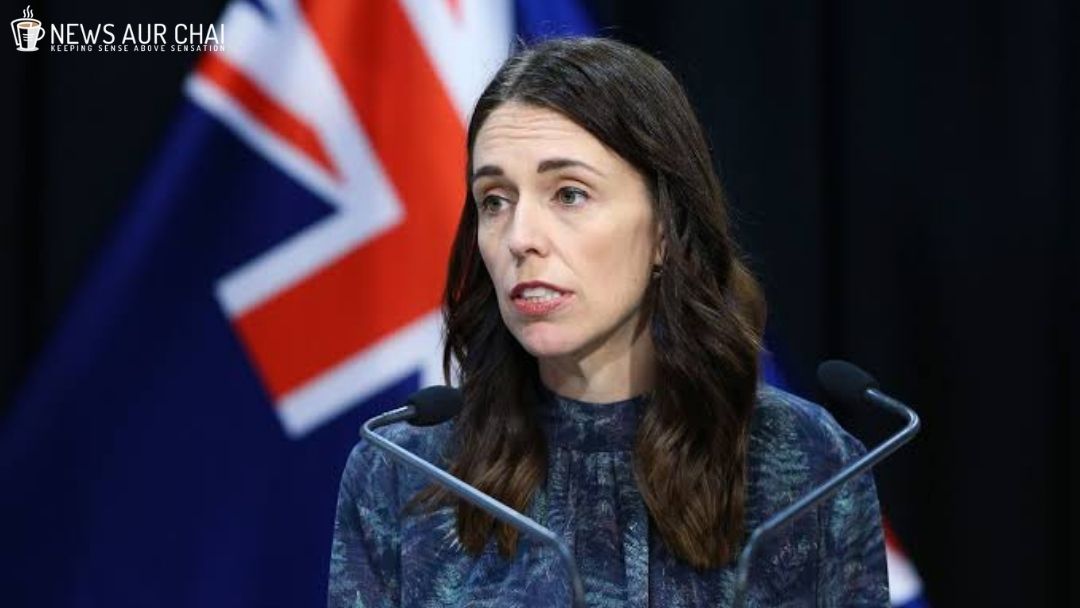
The most undervalued and immediate issue that needs the dire attention of humans is — Climate. Henceforth, global leaders are coming forward to set goals to meet the challenge and address the climate emergency—latest in the forefront of the climate change campaign in — New Zealand.
There are thirty-two other countries, including Japan, Canada, France, and the United Kingdom, who have already declared a climate emergency. The global power leaders’ approach on the issues intimates the urgency of the existential threat that climate change levies.
New Zealand has declared a climate change emergency and pledged to a carbon-neutral government by the year 2025. The prime minister Jacinda Ardern has called it “one of the greatest challenges of our time”.
New Zealand leaders have taken cognizance of the grave situation ahead. They have decided to go green in a symbolic step by acknowledging the Intergovernmental Panel on Climate Change (IPCC) predictions of substantial global warming if emissions do not fall.
The motion passed in the New Zealand parliament by 76 votes to 43, described climate change “the devastating impact that volatile and extreme weather will have on New Zealand and the wellbeing of New Zealanders, on our primary industries, water availability, and public health through flooding, sea-level rise, and wildfire.”
“The public sector needs to be and will be an exemplar that sets the standard we all need to achieve by 2050,” New Zealand Prime Minister Jacinda Ardern told parliament in Wellington.
The New Zealand government’s ambitious decarbonization plan is substantiated by a NZ$200 million (€117 million) state fund. According to Radio New Zealand, the comprehensive plan includes a phase-out of coal, a demand for the government agencies to be equipped with electric vehicles and green standard for public buildings.
The issue of climate change has for long bothered climate change activists and scientists. For the sake of human existence, they have never refrained from exemplifying the severity of the situation and have pointed out the inadequacy of the governments to meet the Paris Agreement target of curbing emissions to keep global temperature levels within 2 degrees Celsius (3.6 Fahrenheit) of pre-industrial levels.
The New Zealand Prime Minister, in her first term, has passed a Zero Carbon Bill, which establishes the framework for net-zero emissions by 2050. The bills exempt farming and banned new offshore oil and gas exploration.
However, critics have pointed out that Ardern’s government has not proceeded to improve New Zealand’s “clean, green” reputation since she was charged to her office in 2017.
Furthermore, Climate Action Tracker, a science-led independent assessment service evaluates New Zealand’s climate policies “insufficient” to meet its goals under the 2015 Paris climate.
However, the declaration was welcomed by Greenpeace but challenged the government to develop through with its policy and action. The New Zealand pledge for the zero-carbon public sector comes without any new statutory powers or money, making a move symbolic. The main opposition National Party voted against Adren’s motion calling it nothing but ‘virtual signalling.’ However, such ambitious plans grab spectators worldwide, and only time will unveil the truth behind the tale.





